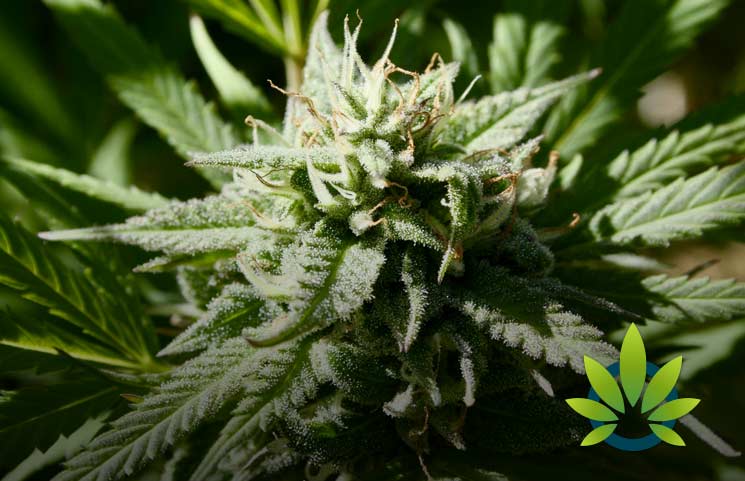Marijuana Movement
Australian Researchers Say CBD Can Help People With Substance Abuse Disorders

Cannabidiol (CBD) may be able to help men and women overcome substance abuse disorders, according to a recent study. The research, conducted by an Australian research group, included human and animal trials concerning the risk of CBD on addition. The researchers found that CBD features a non-intoxicating component and that it may be able to mitigate the risk of craving, relapse, tobacco, opioid, and alcohol misuse. However, when it comes to stimulants such as meth, mixed results appeared.
A few of the main findings of the study include:
- When the dose of CBD was higher than 120mg, alcohol reliance decreased
- Animal subjects receiving CBD were less responsive to stress-induced triggers due to alcohol and such effects lasted 138 days after receiving the CBD
- In tobacco users, CBD reduced the number of cigarettes smoked compared to a placebo group, which did not receive any CBD
- CBD could interfere with a “reward-facilitating effect” tied to morphine use
- THC, on its own, demonstrated to be more effective than CBD in inhibiting morphine abstinence syndrome in mice
The study and its results were published in the journal of Frontiers in Psychiatry. The study ultimately found that CBD has an impact on the endocannabinoid system in manners that enable those who suffer from substance abuse to potentially use less harmful substances. However, the CBD did not curb symptoms of withdrawal.
The study also determined that the compound in CBD may also be able to mitigate users’ motivation to self-administer such drugs. It should also be noted, though, that evidence of the study’s efficacy is “limited and mixed” thus it may be beneficial for additional studies to be conducted.
As the study put it,
“CBD alone may not be sufficiently effective in maintaining long-term abstinence without ongoing support and behavioral therapy. A combination of pharmacotherapy and behavioral therapy may increase treatment potency and adherence, and CBD may be better suited as an adjunct treatment to primacy behavioral or psychological therapy.”
-

 Benefits5 years ago
Benefits5 years agoHemp Oil Health Benefits Vs Side Effects: Proper Use And Optimal Dosage Guide
-

 Marijuana Movement5 years ago
Marijuana Movement5 years agoNew Medical Marijuana Story Showcases Cannabis And Epilepsy’s 176 Year Old Connection
-

 Benefits5 years ago
Benefits5 years agoLiposome Benefits Prove to be a Perfect Pair for CBD (Cannabidiol)
-

 CBD (Cannabidiol)5 years ago
CBD (Cannabidiol)5 years agoCBD Oil For Knee Pain: Symptoms, Causes, Diagnosis, Treatment And Prevention Guide
-

 Guides5 years ago
Guides5 years agoTop 24 CBD Oil Supplements [2019]: Best Cannabidiol Products for Healthy Benefits and No Side Effects
-

 CBD Oil (Cannabidiol)5 years ago
CBD Oil (Cannabidiol)5 years agoKeylor Nutrition American Hemp Gummies: Premium No-CBD Oil Gummy Bears?
-

 CBD (Cannabidiol)5 years ago
CBD (Cannabidiol)5 years agoCBD Oil Legality in Connecticut: Cannabidiol State Law Regulations in CT, USA
-

 Guides5 years ago
Guides5 years agoCachet CBD: Certified Organic Plant-Based Hemp Cannabidiol Drops, Gummies and Topical













